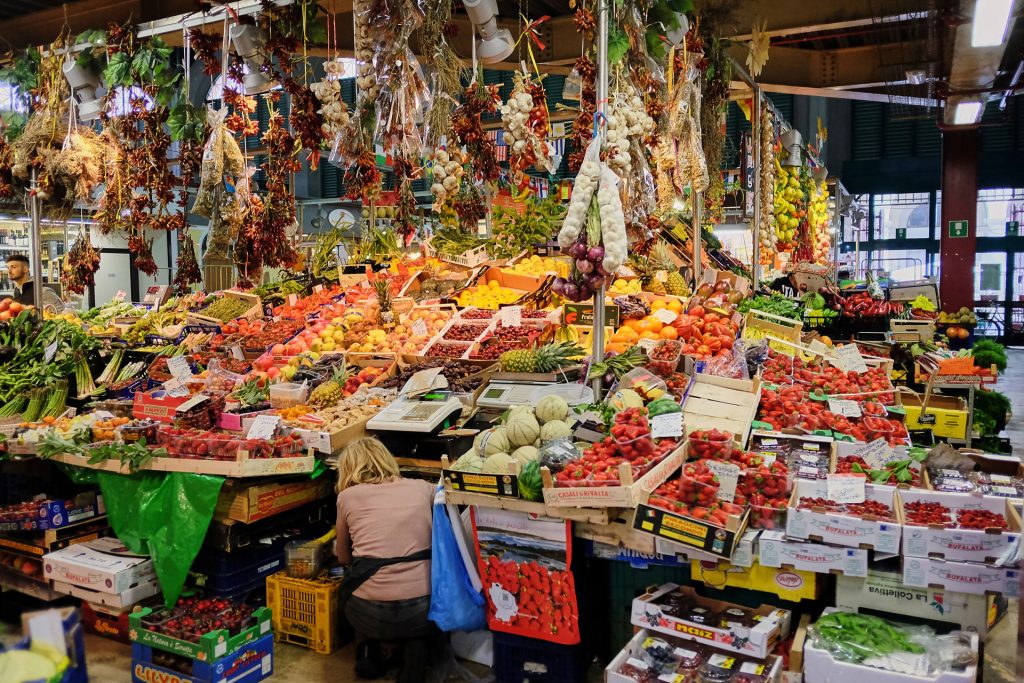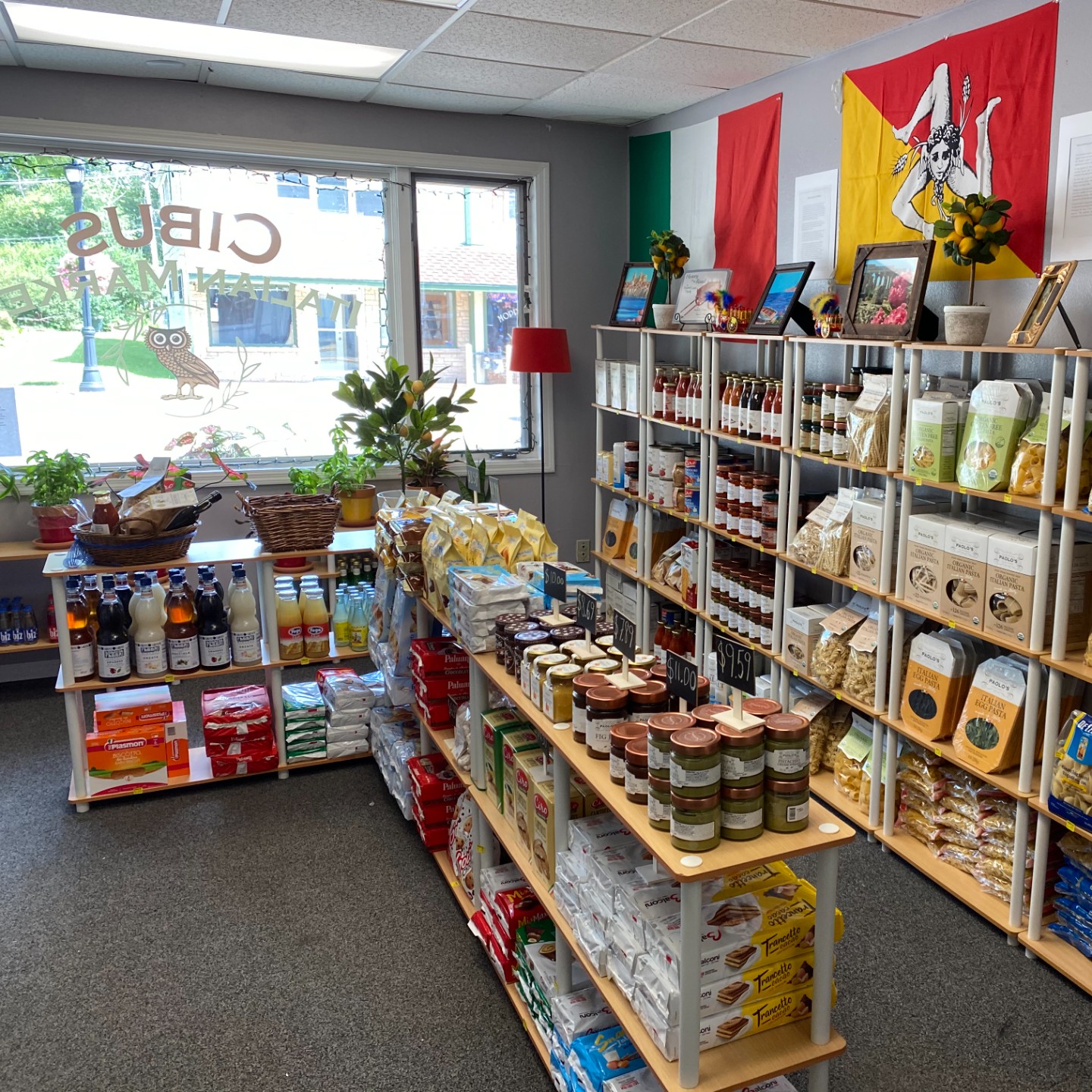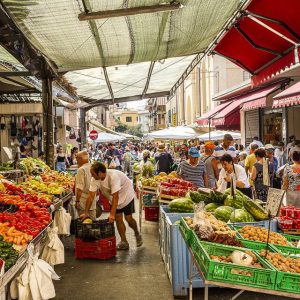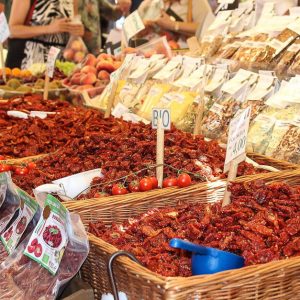An Italian food shop is quite different from one in America. The food is fresh and often organic. In Italy, the produce is often labeled with a barcode and a price is printed on a sticker. The grocery bag costs between 5 and 10 cents. The clerks do not help you pack your groceries.
Italian-American grocery motif
Throughout Manhattan, Brooklyn, Queens and the Bronx, you can find an Italian food shop or deli. These shops feature Italian products like two dozen varieties of Italian tomatoes, a rainbow of Italian olive oils, and seasonal specialties like fresh black truffles and porcini mushrooms. You’ll also find hard-to-find cold cuts in the cured meat department.
The decor of these stores is a combination of Italian and American aesthetics. The decor features polished wood, exposed brick, and framed Italian-American icons. It also has an open floor plan and tables for eating. It features carefully arranged displays of meats and fresh produce.
Fresh produce
Fresh produce is a major part of Italian cuisine. This country is notorious for its seasonality, so many items are only available for a few days at a time. Most Italians make it a point to buy only what they need for the day or for a few days at a time to ensure that they have plenty of fresh food. It can be time-consuming to go to the grocery store, so some Italians choose to walk. This reduces the amount of food they buy and allows them to shop more frequently. In addition, some Italians use a cart called a “nonna” to carry their groceries.

Most Italian supermarkets have a self-service fruit and vegetable section, refrigerated food aisles, and a fish and meat stall. Some even have ‘free from’ aisles, where you can buy food that is suitable for a vegan or vegetarian diet. Other common items found in supermarkets in Italy include daily necessities, toiletries, and baby products.
Organic dairy products
The Granarolo Group, Italy’s largest food farming group, recently introduced a new line of organic dairy products, Granarolo Biologico. The brand’s milk comes from certified farms, and its supply chain is transparent and traceable. It was created in response to the growing demand for organic milk and dairy products, and puts quality first. The brand will be featured at the SANA organic and natural food fair in Bologna, which runs from April 13 to 14.
While traditional dairy products are declining in sales, specialty products are growing in popularity and consumer interest. While the numbers are still modest, the growing popularity of specialty dairy products suggests that consumers are becoming more discerning when it comes to dairy products. These consumers are increasingly seeking specific characteristics in the dairy products they eat, and the numbers at the cash register speak for themselves.
Cereal
Cereal-based foods are often sold in Italy in the form of packaged foods. These products may be branded or private-label (PL). In general, PL products cost less than their BR counterparts, but consumers may perceive them as of lower nutritional quality. To address this issue, a study was carried out to determine the nutritional quality of cereal-based food products sold in Italy.
It is common for customers to find a variety of foods and beverages at Italian food shops. Cereal and milk are staples for breakfast. Some shops will also sell fresh fruit and vegetables. The Italian food shop has a different system than its American counterpart. For example, there is a dispenser in the store that provides plastic gloves for shoppers to use while shopping.



